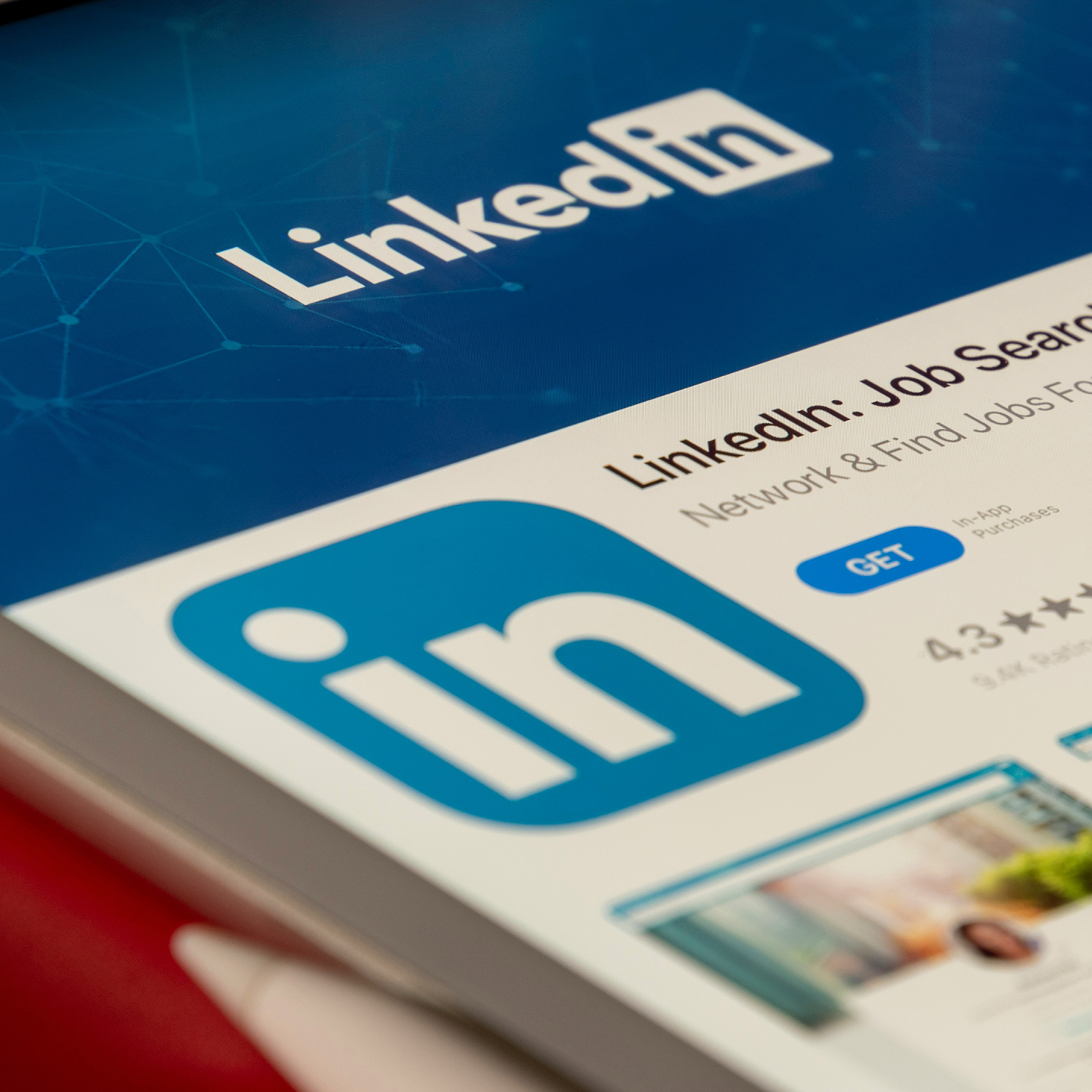“Will they or won’t they?” has been the modus operandi for the past several years when it comes to Google, cookies, and when marketers needed to plan for the demise of cookies. This week, Google announced it will no longer move ahead with its plan to remove third-party cookies for Google Chrome after all. As recently as April 24, 2024, Google told the world it was still planning on phasing out third-party cookies, stating that sometime in 2025 was the most likely timeline.
However, reversing course and causing marketers everywhere to rethink what’s next, on July 22, 2024, Google announced that as a substitution to deprecating third-party cookies, it will instead provide consumers more control over the type of site tracking they will allow. While on the face of it marketers can now be optimistic that this is the final decision, we should all be planning for what we know and what might be (just in case).
So, while you have received a few notifications from me discussing the implications of third-party cookies in the past few years, it appears the numerous roadblocks that caused Google to delay the rollback have proven to be too large to overcome. To quickly recap our previous POVs, here are some of the biggest hurdles Google has faced:
- Pushback from industry, regulators and developers
- Lack of success in rolling out an alternative to cookies via the Privacy Sandbox
So, what does this mean for you?
The good news coming from this announcement is that there will not be a large single Google event that strips away all third-party cookies from Google Chrome. However, it should be noted that 70% of all third-party cookies have already been removed from the industry because of non-Google platforms like Apple Safari and Mozilla Firefox. This change just moves the burden from Google to the individuals using the Chrome browser to choose their own level of comfort with third-party tracking. The industry still expects a dramatic reduction in the amount of third-party cookies and the eventual phase-out altogether.
How Vladimir Jones is reacting
As I had stated in a previous blog, this has been a long time coming and we are fully prepared for the reduction in third-party cookies. Here are some of the steps, as advertisers, that you can continue to focus on to drive your audience strategy forward:
- Solidify your first-party data collection and organization strategy.
- Know your customers! Develop comprehensive audience profiles that will allow for the strategic use of contextual targeting.
- Provide value to both new and current customers in the way of personalized experiences, thought leadership and overall user experience.
- Ensure your digital marketing partners are well versed in third-party cookies alternatives including mobile IDs and Universal ID.
Vladimir Jones will continue to monitor this situation and keep you updated on when and how Google’s new consumer-driven strategy will impact your advertising efforts.






